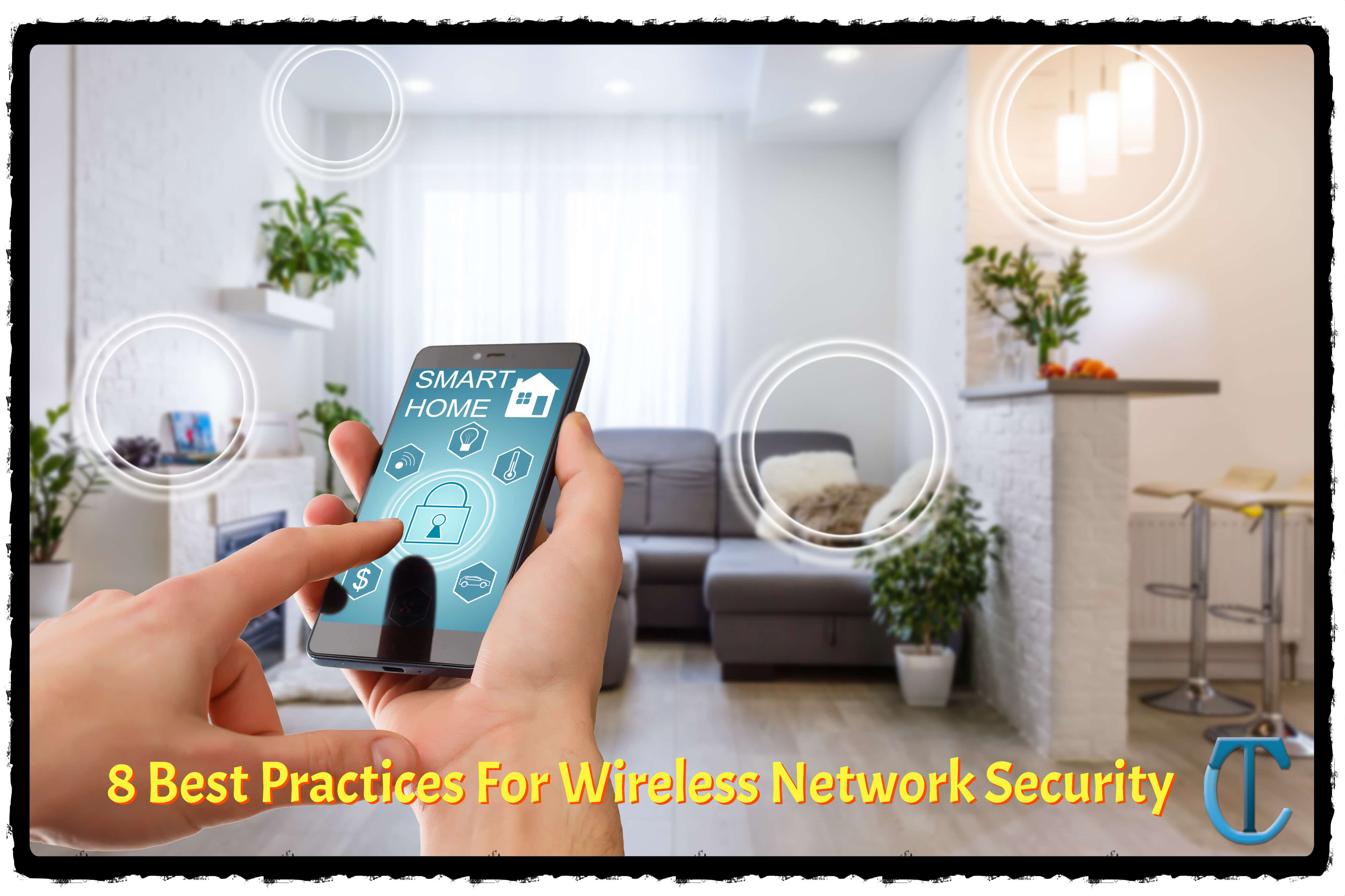Introduction
Every company uses a wireless network to be able to use computers or mobile devices from anywhere within the workplace. Unfortunately, without proper strategies and practices in place, any wireless network can be vulnerable to attacks from cybercriminals or fraudsters who want to steal customer information or sensitive business data.
While wireless networks are challenging to secure, it doesn’t mean it’s impossible to achieve. With the help of professionals, they explain that securing wireless networks can be done in many ways. Below are some of the best practices to ensure wireless network security and keep your business safe:
Enable Two-Factor Authentication (2FA)
To ensure a more secure login process, consider implementing 2FA, which can serve as an additional layer of security. It requires every user to enter a username and password. Then, a code is sent by an authenticator app to the user’s registered device or email address. Therefore, 2FA makes it more complicated for anyone to gain unauthorized access to the wireless network.
Most rguters come with 2FA features. To activate this feature, access the router's configuration settings and enable it. After that, download the most reliable authenticator app for your login process.Use A Firewall
Another best wireless network security practice to consider is using a firewall. It helps protect your network by blocking incoming unauthorized traffic. This is especially vital in keeping your business safe from security attacks due to malicious threats.
You can activate a firewall by accessing your router’s configuration settings. Typically, there are two kinds of firewalls, including host-based and network-based. While a host-based firewall is ideal for individual devices, a network-based firewall is commonly used in a business environment.
Secure Access Points Physically
Your wireless networks should be evenly distributed so that problematic areas will be able to access the internet. For this reason, you might have to place equipment in closets or ceilings so every user can use the internet whenever necessary.
While it’s pretty challenging, it’s crucial to secure access points to prevent theft or tampering physically. Some advanced access points will let you mount the devices and secure them with a lock. Aside from physical security, you must also ensure that local access to your wireless network requires a password.Disable Remote Administration Tools
A remote administration tool enables anyone to access your router outside your network. While it might seem an excellent idea, it opens up numerous risks and may leave you vulnerable to online threats. To avoid this, disable the settings on your router’s configuration menu.
Separate Private Networks From Guest Networks
It would be best if you never let any guesgs access your private network. These days, it’s easy to make a separate network for your guests in your wireless access point (WAP) and give them a passphrase once they visit your workplace.
In an ideal scenario, you can upgrade your Wi-Fi network by investing in a system that provides unique access for the guests. While it can be an additional expense, separating your private network from your guest network can help you protect your confidential data from possible attackers who may disguise as your guests.
Change Your Negwork’s Default Information
Remember that every router comes with a set of defaults that are easy to guess. If you don’t want to compromise the security of your wireless networks, avoid using the default information and change it.
The simplest wag to keep your wireless network safe is to choose a unique name and password. Change it in your router’s settings and ensure that your selected username and password combine special characters, numbers, and letters.Limit Your Wireless Network’s Range
If your wireless network has a broader range, you might want to limit it by changing the default on your router’s settings. You may also consider using a different wireless channel and placing your router under your bed. Sometimes, wrapping a foil around your router antenna may also come in handy in restricting the signal range.
Regularly Manage The Devices Connected
Another way to ensure the security of your wireless networks is to manage the connected devices regularly. There are several benefits of doing this. One of these is that you’ll know which devices are authorized, enabling you to disconnect or disable unauthorized ones immediately.
Conclusion
Wireless networks are beneficial for many businesses because they enable more significant usage of devices. However, to get the most out of these networks, it’s critical to have proper security protocols.
Doing such will make it hard for cybercriminals to access your confidential data and protect your company from potential threats. If you don’t know where to start, follow the best practices above to secure your wireless network and company.




Post A Comment:
0 comments: